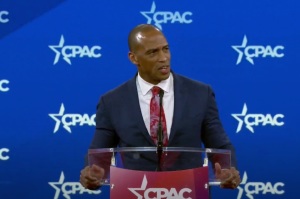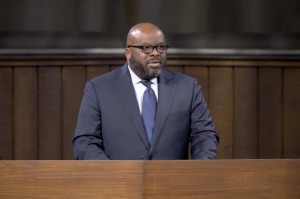Bible Interpretation Influenced by Education of Fellow Worshippers, Study Says
A study reveals that how one interprets the bible may be linked, not to their own education, but to the education of their fellow worshippers.
The study, conducted Baylor University sociology doctoral student Samuel Stroope and derived from data from the U.S. Congregational Life Survey, details that those who have greater contact with church members that went to college are less likely to interpret the Bible word-for-word, regardless of their own education level.
Stroope explains that others are influenced by witnessing college educated people discuss the bible in an analytical fashion as opposed to a literal fashion.
"When you go to Sunday school and everyone is talking about the cultural and historical background of a passage and its literary genre - a way of reading often learned in college -it's likely to rub off on you," he said his research.
The research piggybacks off of another recent study, which revealed that people become more religious as their level of education increases.
The original study, conducted by Sociologist Philip Schwadel from the University of Nebraska-Lincoln discovered that for each year of education a person has, their likeliness to attend religious services increases by 15 percent and their likeliness to read the Bible increases by 9 percent.
Stroope says his study delves into the social dynamic of congregations influencing how people read and interpret Scripture.
Schwadel says his research also details that religious Americans of high education "are opposed to what may be perceived as religion being forced on secular society."
“We have to be very careful about making assumptions about what a person believes, and how they practice, or how the role of faith and spirituality may play in their life simply based on the term they use to identify themselves,” he said.
Somewhat ironically, Stroope's research concludes that those of high education impose their beliefs on others a lot more than they may realize.
Stroope will present his research the Association for the Sociology of Religion's 73rd annual conference in Las Vegas on August 20.





























